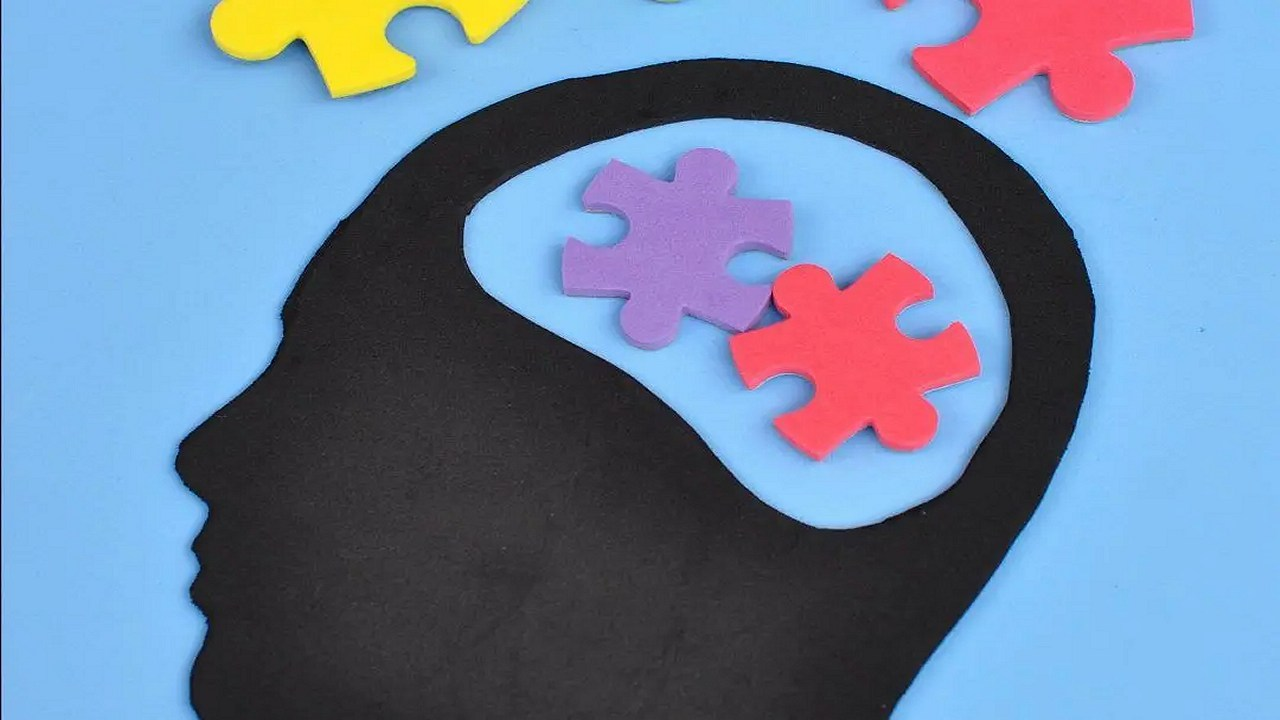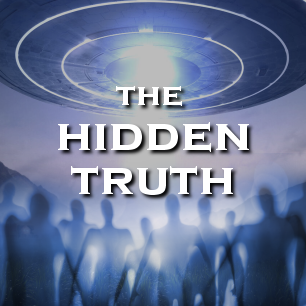Blog Categories
- African Incidents
- Atlantis Incidents
- Australian Incidents
- Belgian Incidents
- Bermuda Triangle Incidents
- Brazilian Incidents
- Canadian Incidents
- Chinese Incidents
- European Incidents
- France Incidents
- Ghosts
- Giants
- Italy Incidents
- Japanese Incidents
- Middle East Incidents
- Portugal Incidents
- Project Serpo
- Puerto Rico Incidents
- Russian Incidents
- Sasquatch
- Scandinavia Incidents
- Spanish Incidents
- UFOs
- United Kingdom Incidents
- United States Incidents
How to draw the line between critical thinking and paranoid delusions?

With all the recent talk about disinformation bots and disinformation campaigns recently, I've found myself asking this question often over these last few weeks. I feel as though it can be a thin line to trek.
I asked Chat GPT for help with this and this was the comprehensive answer I received.
I find it extremely relevant to the sub right now.
I would love to hear your thoughts about all of this and where you stand in the comments, thank you.
"Drawing the line between critical thinking/skepticism and paranoid delusion when analyzing beliefs about a subject can be challenging, but it's crucial for maintaining a rational and balanced perspective.
Here are some guidelines to help you navigate this:.
Evidence-Based Evaluation: Base your beliefs and conclusions on empirical evidence and credible sources.
Critical thinking involves analyzing data, facts, and evidence, while paranoid delusion often relies on unfounded or irrational beliefs.
Seek Multiple Perspectives: Engage with a variety of viewpoints and sources.
Critical thinkers consider a broad range of opinions and evidence, whereas paranoid delusions often involve a fixation on a single, extreme perspective.
Question Your Own Beliefs: Continuously self-examine your beliefs and be open to changing your mind when presented with compelling evidence to the contrary.
Paranoia tends to resist contradictory information.
Consider Occam's Razor: This principle suggests that the simplest explanation is often the most likely.
Critical thinkers favor explanations that require fewer assumptions and complexities over convoluted, elaborate theories.
Maintain Skepticism of Extraordinary Claims: Extraordinary claims require extraordinary evidence.
Be more skeptical of beliefs that rely on extraordinary or supernatural explanations, as these are often hallmarks of paranoid delusions.
Consult Experts: When dealing with complex topics, consult experts in the field who have the necessary knowledge and expertise.
They can provide valuable insights and help you separate valid information from delusions.
Check Your Emotional State: Be aware of your emotional state when analyzing beliefs.
Paranoia can be fueled by fear, anxiety, or stress.
Critical thinking requires a calm and rational approach.
Avoid Confirmation Bias: Be cautious not to seek out information that only confirms your existing beliefs.
Critical thinkers actively seek out information that challenges their beliefs.
Consider Alternative Explanations: Explore alternative explanations for the same phenomenon.
Critical thinkers examine multiple hypotheses before settling on a conclusion.
Stay Open to Uncertainty: Accept that there may be unanswered questions or uncertainties in any subject.
Paranoid delusion often seeks absolute certainty, while critical thinking acknowledges the limits of human knowledge.
Consult Trusted Sources: Rely on credible and well-established sources for information.
Avoid fringe or unreliable sources that promote unfounded claims.
Talk to Others: Engage in discussions with others who have different perspectives.
Constructive conversations can help you refine your beliefs and challenge paranoid delusions.
Remember that critical thinking and skepticism are essential tools for rational inquiry, while paranoid delusions often involve an unwillingness to engage with opposing viewpoints and a tendency to rely on unfounded beliefs.
If you find that your beliefs are causing significant distress or interfering with your daily life, consider seeking the guidance of a mental health professional".
Post from user MastamindedMystery at at reddit.

With all the recent talk about disinformation bots and disinformation campaigns recently, I've found myself asking this question often over these last few weeks. I feel as though it can be a thin line to trek.
I asked Chat GPT for help with this and this was the comprehensive answer I received.
I find it extremely relevant to the sub right now.
I would love to hear your thoughts about all of this and where you stand in the comments, thank you.
"Drawing the line between critical thinking/skepticism and paranoid delusion when analyzing beliefs about a subject can be challenging, but it's crucial for maintaining a rational and balanced perspective.
Here are some guidelines to help you navigate this:.
Evidence-Based Evaluation: Base your beliefs and conclusions on empirical evidence and credible sources.
Critical thinking involves analyzing data, facts, and evidence, while paranoid delusion often relies on unfounded or irrational beliefs.
Seek Multiple Perspectives: Engage with a variety of viewpoints and sources.
Critical thinkers consider a broad range of opinions and evidence, whereas paranoid delusions often involve a fixation on a single, extreme perspective.
Question Your Own Beliefs: Continuously self-examine your beliefs and be open to changing your mind when presented with compelling evidence to the contrary.
Paranoia tends to resist contradictory information.
Consider Occam's Razor: This principle suggests that the simplest explanation is often the most likely.
Critical thinkers favor explanations that require fewer assumptions and complexities over convoluted, elaborate theories.
Maintain Skepticism of Extraordinary Claims: Extraordinary claims require extraordinary evidence.
Be more skeptical of beliefs that rely on extraordinary or supernatural explanations, as these are often hallmarks of paranoid delusions.
Consult Experts: When dealing with complex topics, consult experts in the field who have the necessary knowledge and expertise.
They can provide valuable insights and help you separate valid information from delusions.
Check Your Emotional State: Be aware of your emotional state when analyzing beliefs.
Paranoia can be fueled by fear, anxiety, or stress.
Critical thinking requires a calm and rational approach.
Avoid Confirmation Bias: Be cautious not to seek out information that only confirms your existing beliefs.
Critical thinkers actively seek out information that challenges their beliefs.
Consider Alternative Explanations: Explore alternative explanations for the same phenomenon.
Critical thinkers examine multiple hypotheses before settling on a conclusion.
Stay Open to Uncertainty: Accept that there may be unanswered questions or uncertainties in any subject.
Paranoid delusion often seeks absolute certainty, while critical thinking acknowledges the limits of human knowledge.
Consult Trusted Sources: Rely on credible and well-established sources for information.
Avoid fringe or unreliable sources that promote unfounded claims.
Talk to Others: Engage in discussions with others who have different perspectives.
Constructive conversations can help you refine your beliefs and challenge paranoid delusions.
Remember that critical thinking and skepticism are essential tools for rational inquiry, while paranoid delusions often involve an unwillingness to engage with opposing viewpoints and a tendency to rely on unfounded beliefs.
If you find that your beliefs are causing significant distress or interfering with your daily life, consider seeking the guidance of a mental health professional".
Post from user MastamindedMystery at at reddit.

